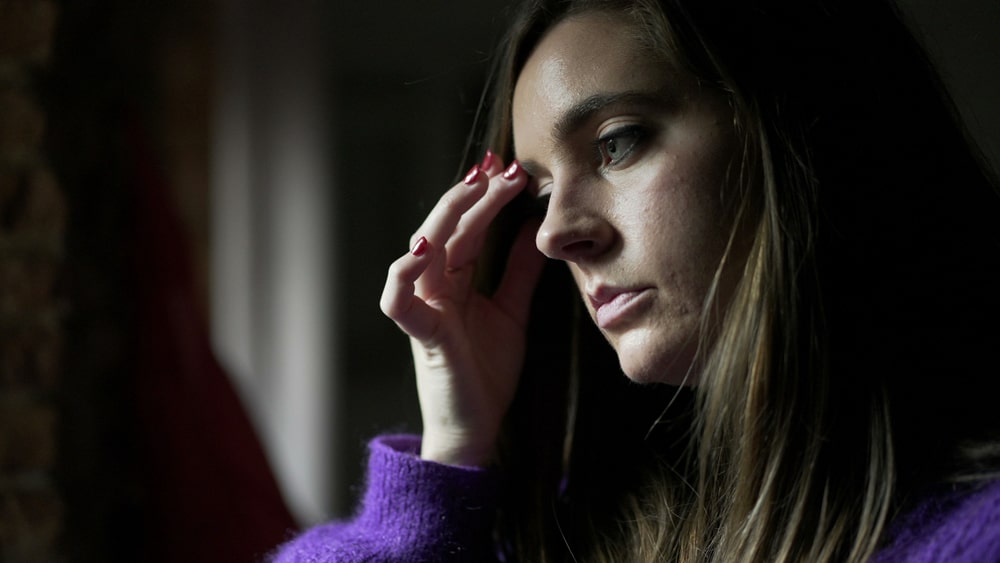The Centers for Disease Control and Prevention (CDC), describes trauma as “an event, or series of events, that causes moderate to severe stress reactions… [that are] characterized by a sense of horror, helplessness, serious injury, or the threat of serious injury or death.” Post-traumatic stress disorder (PTSD) is a diagnosable mental health condition that is listed under the new category called Trauma- and Stressor- Related Disorders in the Diagnostic and Statistical Manual of Mental Disorders, Fifth Edition (DSM-5). It is characterized by “intrusive thoughts, nightmares and flashbacks of past traumatic events, avoidance of reminders of trauma, hypervigilance, and sleep disturbance, all of which lead to considerable social, occupational, and interpersonal dysfunction.” There are a variety of treatment options for an adolescent struggling with PTSD.
Trauma-Focused Therapy
Trauma-focused therapy, or trauma-focused cognitive behavioral therapy (TF-CBT) is an evidence-based treatment specifically designed for children and adolescents impacted by trauma and their parents or caregivers. It is an approach to therapy that recognizes and emphasizes understanding how the traumatic experience impacts an adolescent’s mental, behavioral, emotional, physical, and spiritual well-being. TF-CBT is a components-based treatment model that relies on cognitive-behavioral principles and exposure techniques for children who have experienced trauma and their nonoffending caregivers. TF-CBT is structured as a conjoint parent-child treatment modality, which involves spending session time with children individually, caregivers individually, and with children and caregivers together (conjoint sessions). The components of TF-CBT can be summarized by the acronym PRACTICE:
- Psychoeducation and Parenting
- Relaxation
- Affective expression and modulation
- Cognitive coping
- Trauma narrative development and processing
- In vivo exposure mastery
- Conjoint parent-child sessions
- Enhancing safety and future development
Children and caregivers typically move through the components in parallel with caregivers serving as role models and supports for skills being acquired. TF-CBT features a gradual exposure component, where the teenager’s trauma experience is discussed over the course of treatment. Research has shown the more exposure is disseminated, is directly linked to reduced trauma symptoms, and improved mental health. TF-CBT aims to provide an adolescent trauma survivor with the much-needed support in cultivating effective coping strategies and learning applicable skills to process emotions and memories tied to traumatic experiences, develop a healthier and more adaptive meaning of the traumatic experiences, as well as reduce emotional and behavioral symptoms resulting from trauma exposure. TF-CBT is a highly valuable and effective therapeutic approach for teenagers with PTSD and trauma-related symptoms. Its structured and evidence-based nature, along with its focus on skill-building, safety, and parental involvement, makes it a crucial tool in helping teens process their traumatic experiences and achieve improved mental health and well-being.
For Information and Support
Every family in need of mental health treatment must select a program that will best suit the needs of their family. When one member of a family struggles, it impacts everyone in the family unit. To maximize the benefits of treatment we work closely with the entire family to ensure that everyone is receiving the support they need through these difficult times.
Seeking help is never easy, but you are not alone! If you or someone you know needs mental health treatment, we strongly encourage you to reach out for help as quickly as possible. It is not uncommon for many mental health difficulties to impact a person’s life, long term. Pursuing support at the beginning of one’s journey can put the individual in the best position to learn how to manage themselves in a healthy way so they can go on to live happy and fulfilling lives.
OUR KNOWLEDGEABLE ADMISSIONS TEAM CAN BE REACHED 24/7 AT INFO@PACIFICRTC.COM OR CALL: 800-531-5769
We are available to answer any questions you may have regarding mental health treatment and our residential program, anytime. Contact us today using the form to the right.






